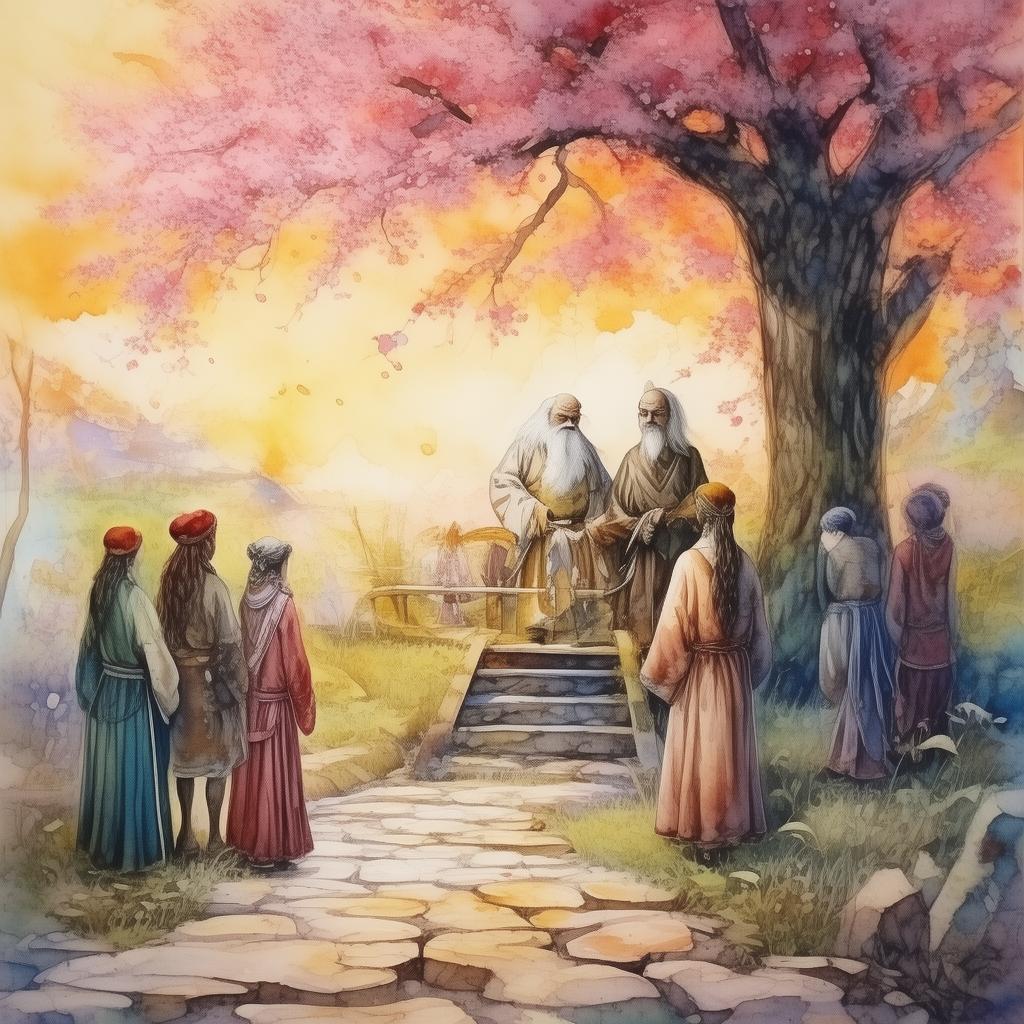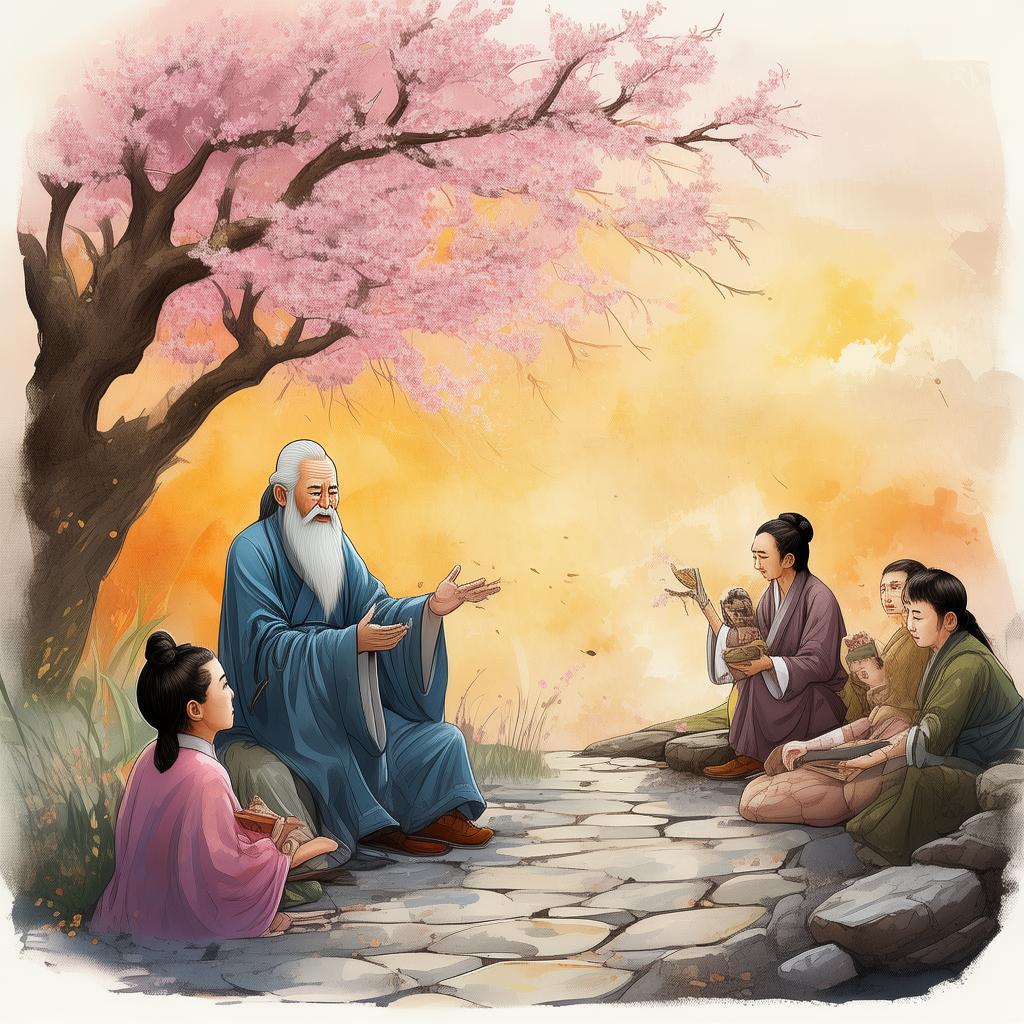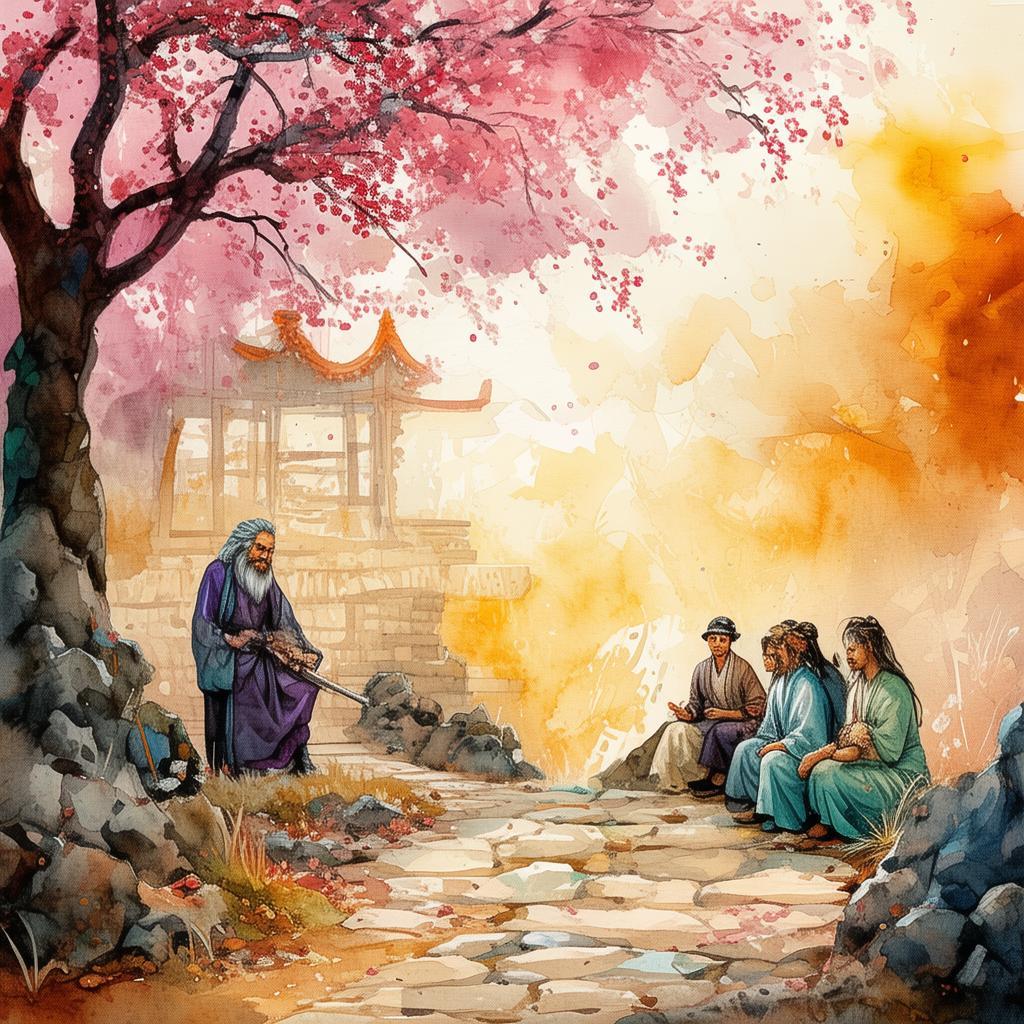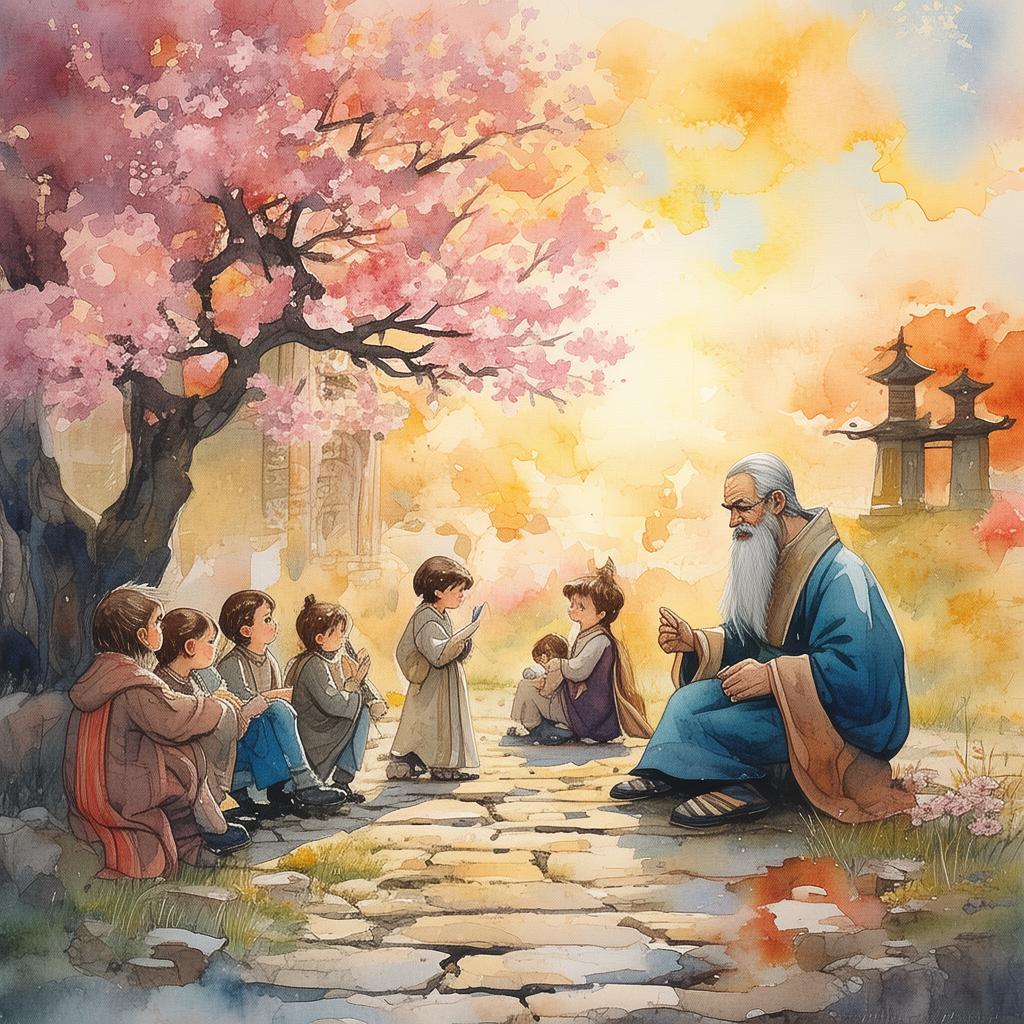Shadow of the Stage
The sun dipped below the horizon, casting a long shadow over the quaint village of Stageview. The townsfolk whispered of the old theater that stood at the heart of the village, its walls thick with tales of the supernatural and the strange. Few dared to venture within its dimly lit corridors, but for those who did, the stories were as compelling as they were unsettling.
Amara, the village's most celebrated actress, had always been drawn to the theater. Her performances were legendary, captivating audiences with her ability to transform into any character with a mere flick of her wrist. But as the curtain rose on her latest play, "The Thriller Thespian's Theatrical Tangle," something sinister began to unfurl.
The play was a blend of reality and illusion, with Amara's character, Elara, being the linchpin. Elara was a thespian whose life mirrored her performances, leading to a tragic end. As the night progressed, the line between Amara's reality and Elara's story became increasingly blurred.
One evening, as Amara prepared for her final performance, she received a mysterious letter. It spoke of a family curse that bound her destiny to the theater, and that unless she could unravel the mystery, her loved ones would meet a fate worse than death. The letter was signed with a chilling message: "The stage is a dangerous place."
Amara's family had always been her anchor, but now, she found herself torn between her love for them and her dedication to her craft. She knew she had to find a way to break the curse, but the path was shrouded in shadows and deceit.
As the play's final act approached, Amara's character, Elara, found herself at the mercy of a rival actor, who sought to claim her place on the stage. The actor, a master of manipulation, whispered secrets into her ear, planting doubts about her own sanity and the very nature of her reality.
Determined to save her family, Amara began to piece together the clues left behind. She discovered that the curse was tied to an ancient rivalry between two acting dynasties, and that the theater itself was a living entity, capable of granting wishes but also exacting a price.
With the help of her loyal assistant, Liora, Amara delved deeper into the past, uncovering the truth about the curse. She learned that the theater was once a sanctuary for actors, a place where they could escape the confines of their own lives and become someone else. But as time passed, the sanctuary turned into a trap, binding the actors to their roles and their fates.
Amara realized that she had to confront the spirit of the theater itself, the entity that had become its soul. In a dramatic confrontation, she pleaded with the spirit to release her family from the curse. The spirit, understanding her sincerity and courage, agreed to her request, but warned her that the curse could not be undone without a sacrifice.
With her heart heavy, Amara made the ultimate decision. She chose to become the spirit of the theater, forever bound to the stage but free from the curse that threatened her family. In a final act of sacrifice, she stepped into the spotlight, her final performance a testament to her love and bravery.

As the village watched in awe, Amara's performance transcended the bounds of the stage, reaching into the hearts of all who witnessed it. The spirit of the theater, moved by her selflessness, granted her a special gift: the ability to control the elements, a power that would allow her to protect her family and the village for generations to come.
With the curse lifted, Amara returned to her life, her family safe and sound. The village of Stageview thrived once more, its people free from the shadow of the theater's curse. And though Amara's performances would always carry a hint of the supernatural, it was her love and courage that left the deepest impression on all who knew her.
The stage had been a dangerous place, but it had also been a place of redemption and love. And in the end, it was Amara's own performance that had rewritten the script of her life, proving that even in the darkest of theaters, the light of hope could still shine through.
✨ Original Statement ✨
All articles published on this website (including but not limited to text, images, videos, and other content) are original or authorized for reposting and are protected by relevant laws. Without the explicit written permission of this website, no individual or organization may copy, modify, repost, or use the content for commercial purposes.
If you need to quote or cooperate, please contact this site for authorization. We reserve the right to pursue legal responsibility for any unauthorized use.
Hereby declared.









